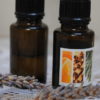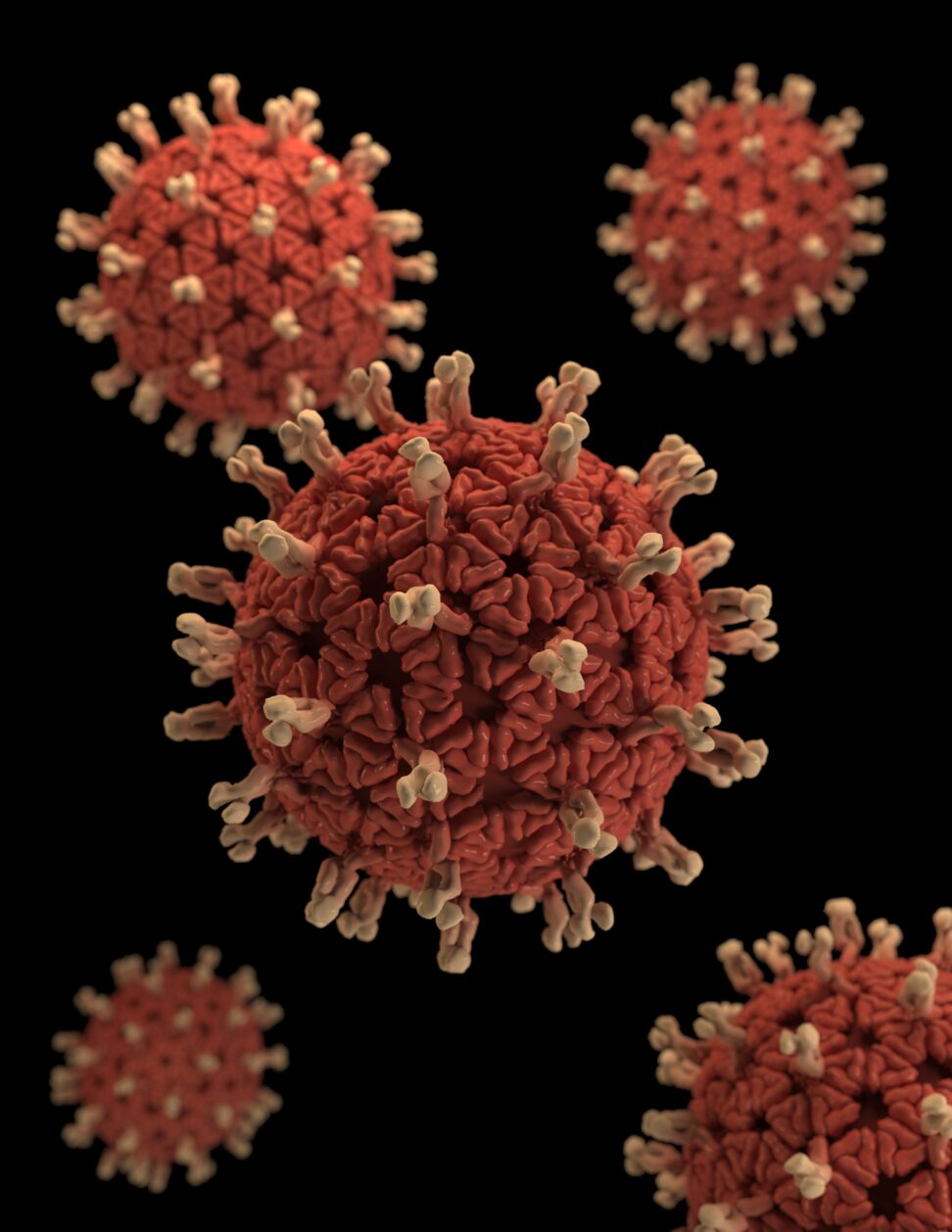You’ve heard of viruses. You’ve heard of bacteria. You’ve heard of fungi. But have you ever considered how there is the good, the bad, and the ugly of these microorganisms — and they affect your health. This excerpt from Harvard TH Chan School of Public Health describes how this collection of microbes, called a microbiome, helps govern the health of an organism, meaning you and me!
Picture a bustling city … the sidewalks flooded with people rushing to get to work or to appointments. Now imagine this at a microscopic level and you have an idea of what the microbiome looks like inside our bodies, consisting of trillions of microorganisms (also called microbiota or microbes) of thousands of different species. [1] These include not only bacteria but fungi, parasites, and viruses. In a healthy person, these “bugs” coexist peacefully, with the largest numbers found in the small and large intestines but also throughout the body. The microbiome is even labeled a supporting organ because it plays so many key roles in promoting the smooth daily operations of the human body.
Each person has an entirely unique network of microbiota that is originally determined by one’s DNA. A person is first exposed to microorganisms as an infant, during delivery in the birth canal and through the mother’s breast milk. [1] Exactly which microorganisms the infant is exposed to depends solely on the species found in the mother. Later on, environmental exposures and diet can change one’s microbiome to be either beneficial to health or place one at greater risk for disease.
The microbiome consists of microbes that are both helpful and potentially harmful. Most are symbiotic (where both the human body and microbiota benefit) and some, in smaller numbers, are pathogenic (promoting disease). In a healthy body, pathogenic and symbiotic microbiota coexist without problems. But if there is a disturbance in that balance—brought on by infectious illnesses, certain diets, or the prolonged use of antibiotics or other bacteria-destroying medications—dysbiosis occurs, stopping these normal interactions. As a result, the body may become more susceptible to disease.
These microbes do and should live in and on your whole body, like your gut, in your mouth, genital area, on your feet, and really all over your skin. When we have a balanced microbiome, these microbes can help:
· control inflammation that affects metabolic disease;
· supports healthy digestion and gut support, like The role of oral bacteria in inflammatory bowel disease
· repair your worn-down body, such as How Gut Microbes Help Mend Damaged Muscles
· support healthy weight loss
· influence mood, including negative or positive effects on depression
· maintain oral health and perpetuate/stall related risks for heart disease
· reduce the likelihood of developing a staph infection
· support good brain health, such as influencing the development of Alzheimer’s disease
Investigation into the importance of our unique microbiomes is accelerating. A recent example is found in the field of autism research.
A consequential study, just released in the summer of 2023, titled Multi-level analysis of the gut-brain axis shows autism spectrum disorder-associated molecular and microbial profiles.
Breaking down the importance of this new information, The Epoch Times wrote, “The research ties the disorder to changes in the gut microbiome … Many influences outside of the human body are killing these beneficial microbes, which aren’t genetically part of us but live in symbiosis with humans. The new study … has linked autism spectrum disorders (ASD) to a distinct microbial signature that’s dysbiotic, or unnaturally out of balance.”
Later the authors add, “The new research suggests that autism is linked to epigenetic triggers, which are influenced by the microbiome and modifiable over the course of our lifetime.”
The article goes on to state how researchers from all fields are working together to dig into the growing connections between brain function and microbiome — but the takeaway for you and me today is that research continues to solidify how important gut health is for our brains and bodies.
What can we do to support these good-guy microbes?
While everyone’s microbiome is like a fingerprint (unique!), there are similar or general themes for what makes up a “healthy bacteria.”
To take care of your gut, let’s keep it simple! Try …
· Eating whole foods with fiber! The good bacteria in your gut flourish with fiber from whole foods. “ … the health of the microbiome is influenced by diet, and that the composition of the microbiome influences the risk of health outcomes,” writes Sue-Ellen Anderson-Haynes, MS, RDN, CDCES, LDN, NASM-CPT, in Diet, disease, and the microbiome.
· Getting consistent sleep with a consistent schedule, even on the weekends. Quoting from A poor sleep schedule can fill your gut with harmful bacteria:
“We know that major disruptions in sleep, such as shift work, can have a profound impact on your health. This is the first study to show that even small differences in sleep timings across the week seems to be linked to differences in gut bacterial species. Some of these associations were linked to dietary differences but our data also indicates that other, as yet unknown, factors may be involved. We need intervention trials to find out whether improving sleep time consistency can lead to beneficial changes in the gut microbiome and related health outcomes,” says senior author Dr. Wendy Hall from King’s College London in a media release.
Consuming a probiotic supplement, which “can restore the gut to a healthy state after dysbiosis. They do this by “reseeding” it with healthy microbes.” This quote is from How Does Your Gut Microbiome Impact Your Overall Health? that includes several helpful tips and insights. You also can find some tips on how to find a good probiotic for you on this previous blog. For myself, I’m watching for the release of doTERRA PB Restore ProBiome Complex and PB Restore ProBiome Complex that will both be available November 1 2023. doTERRA has added bacteriophages to this Complex; it is a fascinating approach since there is more research into the ability of bacteriophages to support not just microbiome balance but combat infections, like how a Yale researcher worked with doctors to save a man’s life from a potentially life-ending bacterial infection in his heart. If you are interested in trying the probiotic system from doTERRA, look here. But to buy it at wholesale, you can open a free account. You are never obligated to purchase monthly, you just order when you need to. Of course you can always ask me any questions regarding this at devi@simplywholebydevi.com!
The research into the microbiome can be very heady. To wrap up this blog and make the topic more digestible, watch this short creative animated video on The Invisible Universe Of The Human Microbiome from NPR.



![z31[1]](https://simplywholebydevi.com/wp-content/uploads/2018/06/z311-100x100.jpg)












